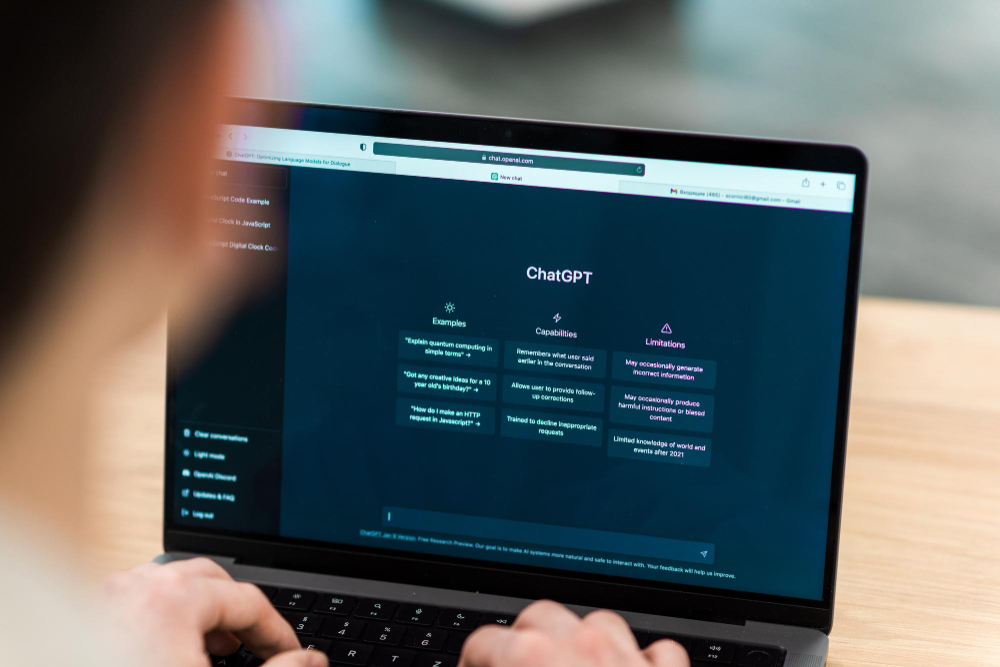
Amid the buzz over ChatGPT’s Ghibli-inspired art taking social media by storm, OpenAI has relaxed its content rules, letting its AI create images of public figures, controversial symbols, and racial traits stuff it used to block as too risky or divisive.
Until recently, ChatGPT would shut down requests for such images, citing potential harm. With updated policies, the Microsoft-supported AI company is greenlighting visuals of big names like US President Donald Trump or tech titan Elon Musk, opening the door to tweaks and edits of their likenesses.
Joanne Jang, OpenAI’s head of product and model behaviour, explained this shift personally: “We’re moving away from flat-out ‘no’s on touchy topics to a smarter focus on stopping real-world damage. It’s about staying humble, admitting we don’t have all the answers, and being ready to adjust as we go.”
In a blog post dropped on Friday, March 28, Jang wrote, “We don’t think AI lab staff should play gatekeepers over what people can or can’t make.” She also shared that OpenAI is setting up an opt-out list for public figures who’d rather not see themselves pop up in ChatGPT’s creations.
A white paper from last week added more flavour: ChatGPT can now whip up “hateful symbols” like swastikas for educational or neutral uses, as long as it’s not cheering on extremist vibes. Jang noted they’ve also reworked what counts as offensive. She said that prompts like “give this person more Asian-looking eyes” or “make this person chubbier” are fair game. Earlier rules accidentally hinted those traits were somehow wrong.
This all ties back to last week’s rollout of native image-making in ChatGPT via GPT-4o, sparking a wildfire trend of users turning selfies, wedding shots, and family pics into Studio Ghibli-style gems.
The ‘Images with ChatGPT’ feature has surprisingly chill guidelines, saying the AI can mimic artists’ vibes or make the studio look like Pixar or Ghibli if you name-drop them in your prompt. This has folks debating AI training on copyrighted stuff and where “fair use” fits in, but OpenAI’s rolling with it.
These looser rules vibe with OpenAI’s bigger mission to “unleash” ChatGPT, especially as AI safety debates heat up since Trump’s White House comeback. The culture clash over what AI should or shouldn’t do is getting louder, and OpenAI is picking a lane.